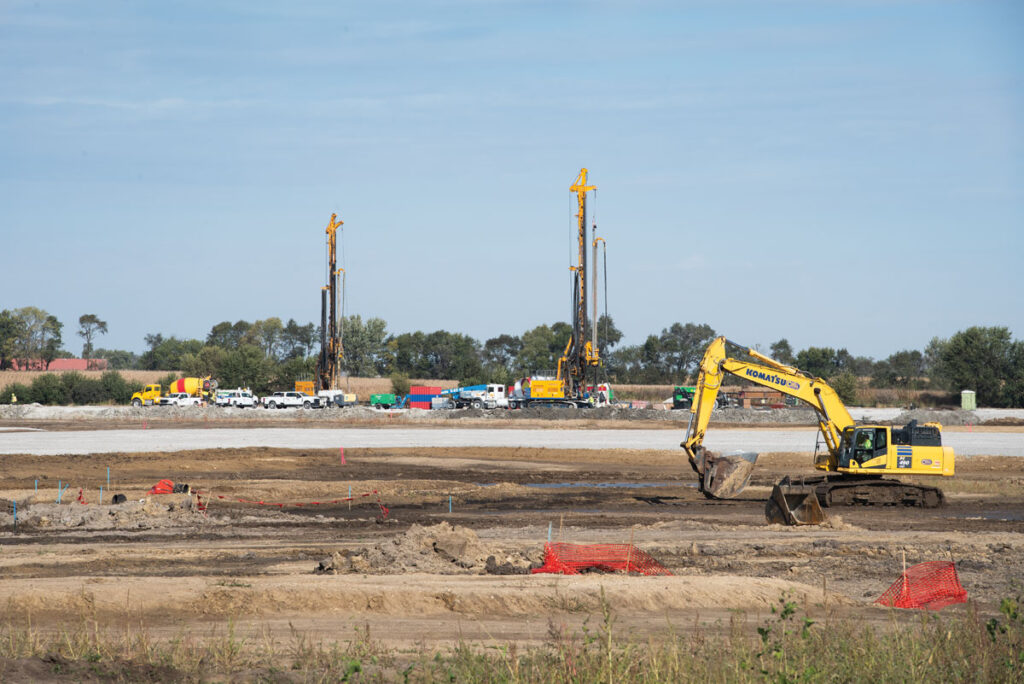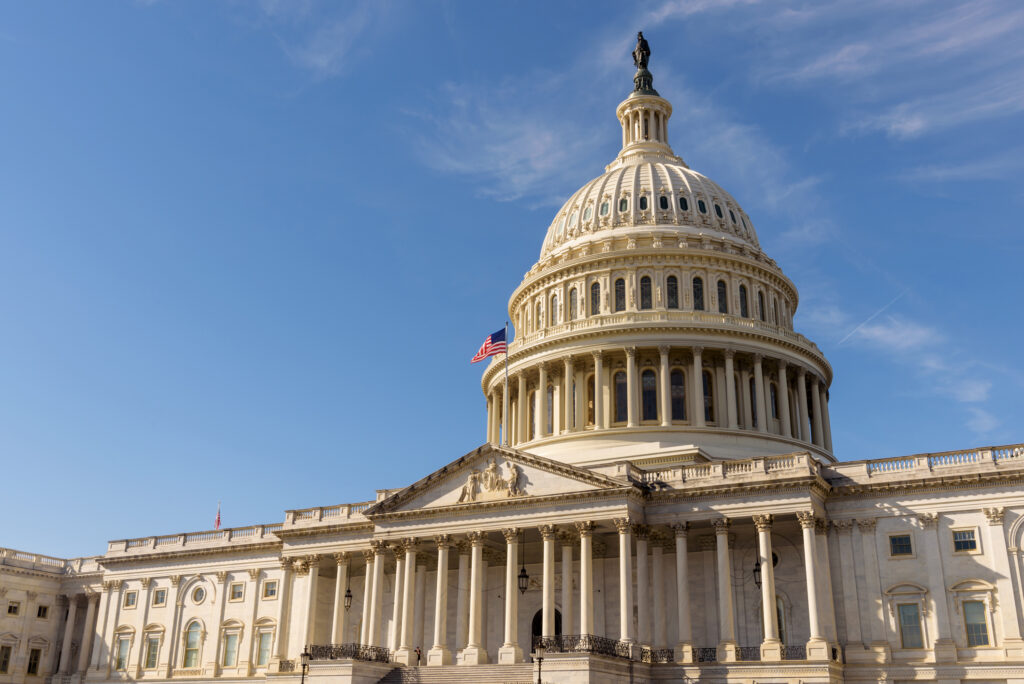Arrests and analysis: Climate change activist to visit D.M.

The Rev. Jim Antal has marched in varying weather, chained himself to the White House fence and been arrested in his efforts to fight climate change. Now, he’s heading straight into Iowa’s winter to further the cause.
Antal will give the keynote address at the Climate Revival Conference at Plymouth United Church of Christ Feb. 9. His appearance and other discussions are free and open to the public, but you are asked to register. The conference is sponsored by the Plymouth Creation Care & Justice Coalition, Iowa Interfaith Power & Light, Interfaith Green Coalition and the Indianola Green Team.
Antal is a United Church of Christ denominational leader, a climate activist and author of “Climate Church, Climate World: People of Faith Must Work for Change.” I interviewed him about his arrests, his call for action on climate change, and his views on whether it’s too late.
What are you hoping to accomplish at the Des Moines event?
My hope is it will be an opportunity for people who are already involved in climate activism, or want to become involved, to learn more. It will be people of faith but also secular activists. I speak all over the country. They often don’t think people of faith have a concern. But a UCC poll that just came out showed that 97 percent of the 1,000 respondents from across the country said climate change is happening, it is human-caused, and we need to do something about it.
Where are we in the debate?
We are at a moment in which America is making a pivot. Yesterday, Yale Program on Climate Change Communication released data that show that in the past nine months there was a huge jump in the percentage of Americans who say that climate change is personally important to them. That stands at 72 percent, up by 9 percentage points since last March. It says to me that we are really beginning to wrap our arms around this huge moral challenge.
Scientists are becoming better communicators, and the urgency of the data is pushing them to speak with a newfound urgency.
The Fourth National Climate Assessment [for the United States] looked at different parts of the country. It showed what already is happening and what will come in the next 20 years. It’s very, very sobering.
Why did you decide to pursue civil disobedience?
It goes back to seminary in the ‘70s. Concern for nuclear war was front-page news. I majored in ethics. I was going to be a seminary professor in the field of ethics. Eventually, I became a minister. At Yale, I felt compelled to go down to where they were building Trident submarines. That was the first time I got arrested, protested the making of those death machines. I also got arrested protesting the Keystone Pipeline and after locking myself to the White House fence. I don’t count arrests, but I’d say I’ve been arrested 10 or more times. I’ve spent maybe a couple of weeks in jail. I was among the 157 protesters who protested at the Yucca Flats nuclear test site, blocking equipment and such. We were in jail three days and three nights.
On climate change, we have to change the laws. The laws allow for huge subsidies for oil gas and coal that aren’t widely reported. The changes we have to make are very, very broad. Our civilization has been based on cheap energy created over 200 million years, and five generations of humans have burned more than half of it.
Creation was the first green new deal. In six seconds, the earth gets enough energy from the sun to power the globe for a year. We need to realign to a more democratized energy system that decentralizes solar and wind power.
Is there time to turn the trend around regarding warming?
Telephones were in 40 percent of U.S. homes within 25 years. It took 12 years for 70 percent of U.S. households to have cars. We can embrace the changes we need to make in oil, coal and gas if we have the will to do so. Cycling can save the world. A lot of people don’t know, but pavement originally was installed for bicycles, not cars.









